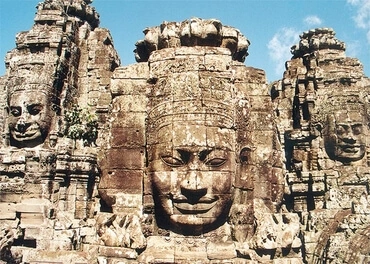Man (as in person or human being)

Man" is a tricky word to discuss, because the Hebrew of the Old Testament uses six different words that are generally translated as "man," with shades of meaning that are difficult to express in English. Swedenborg, meanwhile, uses two different words in the original Latin: "vir," which is a singular male person, and "homo," which usually has a meaning akin to "mankind" or "humanity" -- but is sometimes used for a singular male person as well. When used in the sense of "human" or "mankind," the meaning of "man" is based on the fact that the Lord is the perfect, divine human, and is in a way the archetype for our humanity. The Lord is, in His essence, love itself -- perfect, infinite, divine love, which is the source of all life. So in the ultimate sense, "man" represents the Lord's love and goodness. In less exalted uses, it represents the love and goodness that exists in churches, societies, and individual people. That's because the love we have, as individuals and collectively, is a reflection of the Lord's love, and our humanity is a reflection of the Lord's humanity.
This video is a product of the New Christian Bible Study Corporation. Follow this link for more information and more explanations - text, pictures, audio files, and videos: www.newchristianbiblestudy.org







